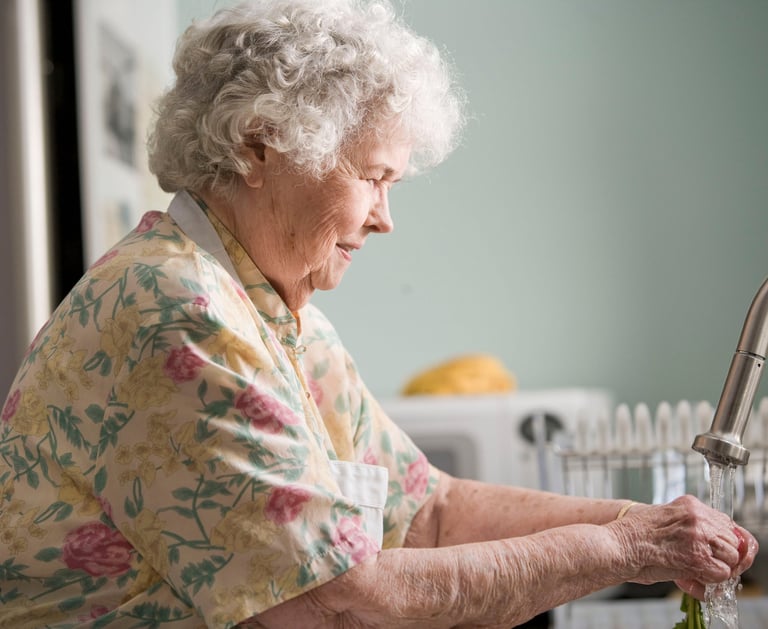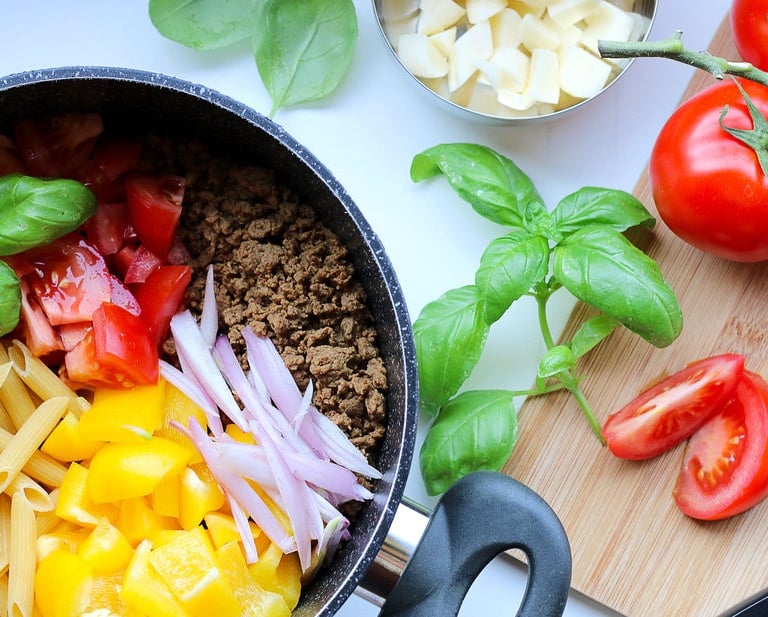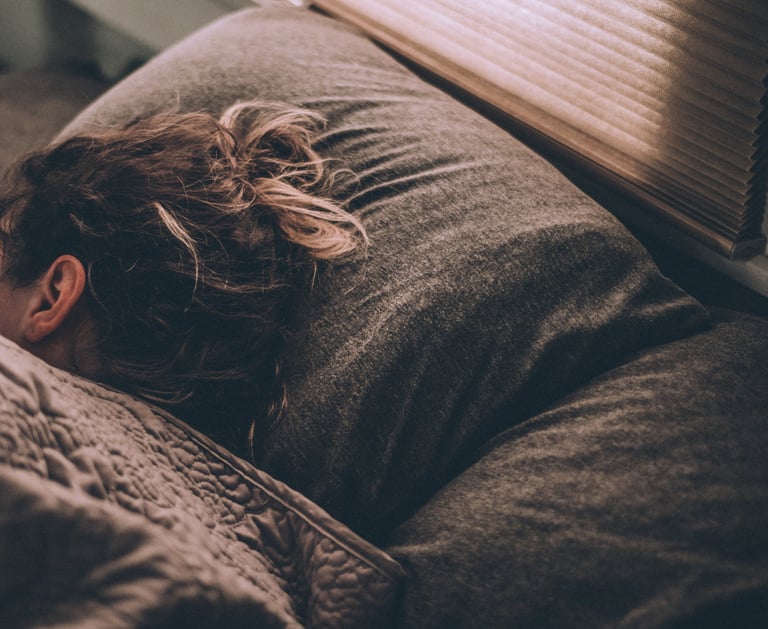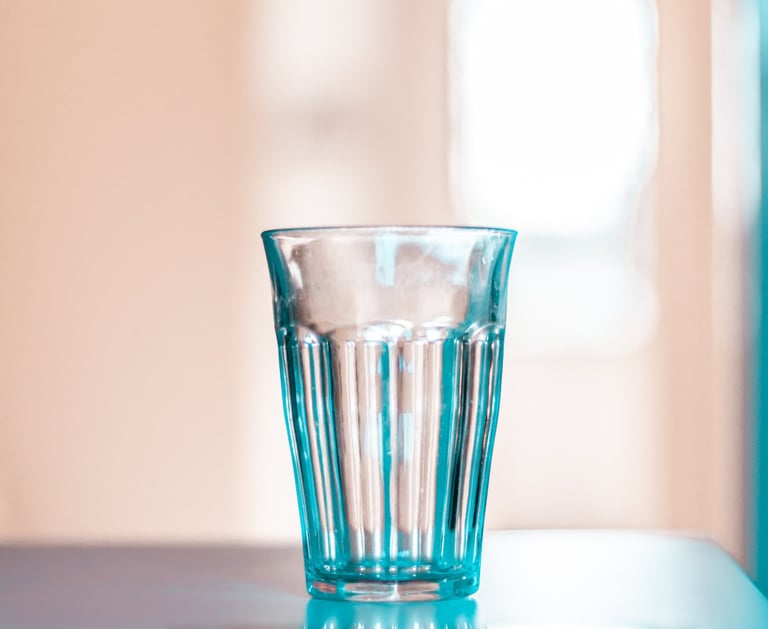Be The Best Caregiver You Can Be
It is hard being a caregiver. One of the most important things you can do as a caregiver and often one of the hardest things, and the most neglected thing is taking care of yourself first.
HEALTHYCAREGIVER
Diane Gasaway
4/23/2023
DIANE GASAWAY
BE THE BEST CAREGIVER YOU CAN BE


It is hard being a caregiver. One of the most important things you can do as a caregiver and often one of the hardest things, and the most neglected things are taking care of yourself first. Caregivers often put themselves last, because they are so busy caring for the needs of others, that they do not take time to care for themselves.
There is a reason that the safety procedures on an airplane instruct passengers to put their masks on first, before assisting others.
Taking good care of yourself allows you to better care for your loved one. If you are tired, stressed, and dealing with emotional issues, you will not be the very best caregiver that you can be.
You have probably heard these before now, but they are important enough to review.
1. Eat Healthy
Who has time to eat healthy? Eating healthy is easy to ignore for a several reasons. Some say eating healthy takes more time and can be more expensive than grabbing a meal at a fast-food drive through. We all know the benefits of healthy eating and some (most?) of us would agree we could do better. Here are just a few tips to make it a little easier:


a) Plan ahead and use the freezer. There are many websites that offer easy-to-prepare meals that freeze, reheat, and taste great. One website is https://www.cookinglight.com/food/recipe-finder/freezer-meals and there are many more. Setting aside time for meal prep once during the week means a freezer full of “heat and eat” nutritious meals that are ready when you need them. You will save time throughout the week by having meals already prepared and you will also have the benefits of eating a healthy meal. You’ll have quick, easy, AND healthy!
b) Plan ahead for healthy snacks. Just about everyone eats snacks. They are easy to grab and go, but without planning they are often high in sugar or sodium and many times are just not good for us. There are many healthy snacks that you can prep ahead to have on hand and there are even many healthy snacks that can be purchased. If you are like me, you tend to eat what is available. When I have healthy snacks available, I eat healthy snacks.
2. Exercise
I know, you barely have time to do everything you need to do without having to make time to exercise. Exercising is another thing that is easy to put off, yet it offers great benefits for our body, our mind, and our emotions. When we feel better, we are better able to deal with the things of “life”.


Exercise improves memory, protects against many chronic diseases, lowers blood pressure, improves the quality of sleep, reduces feelings of anxiety and depression, and much more. The Mayo Clinic says that “As a general goal, aim for at least 30 minutes of moderate physical activity every day”.
That sounds like a lot, but do not be discouraged by that. If you are not currently exercising at all, start by making just a few small adjustments in your day.
Walk a little more often, maybe a little faster
Park a little farther away from the store or workplace and you will be getting just a few more steps in each day
Make it a point to get up and move at least once an hour – set a reminder on your phone if you need to
Walk to the mailbox from the house instead of checking the mail on your way in or out
Every little bit helps – get moving and take a step in the right direction!
3. Get Enough Sleep
That sounds simple, but for a busy caregiver, that can be difficult to do. Sometimes it seems there just are not enough minutes in each day to include a good night’s sleep. Or maybe your mind just will not turn off and allow you to sleep.


Sleep is vital and is often neglected. Sleep enables our body to repair itself and be ready for another day. Sleep helps prevent heart disease and without sleep, the brain does not function as well as it should. Here are some tips on getting a good night’s sleep:
Do not go to bed unless you are sleepy
If you do not fall asleep after 20 minutes, get out of bed.
Establish a regular routine and try to go to bed at the same time each evening.
Turn off and take a break from electronic devices at least 30 minutes before bedtime.
Avoid caffeine, alcohol, nicotine, and other chemicals that interfere with sleep.
Try some of the deep breathing exercises listed below to help you fall asleep.
If you cannot go to sleep or you cannot stay asleep, consult your physician for help.
4. Breathe Deeply
Sounds easy, right? We all breathe, but when we are stressed, we take shallow breaths and that affects our whole body on several levels.


Deep breathing is one of the best and easiest ways to lower stress in the body. When you breathe deeply, it sends a message to your brain to calm down and relax. There are many breathing exercises, but one of the most basic ones is the 4-7-8 method.
Close your mouth and inhale quietly through your nose to a mental count of four
Hold your breath for a count of seven
Exhale completely through your mouth, making a whoosh sound to a count of eight
Repeat the cycle three more times for a total of four breaths
Breathing to relax is easy – so give it try – three or four times a day!
5. Drink Plenty of Water
So, how much water should you drink? We used to hear the magic number was 8 glasses a day. The truth, according to the Institute of Medicine is that the amount we need varies, depending on our activities.


However, here are some basic guidelines:
For men, the Institute of Medicine (IOM) recommends a total of 13 cups (about 3 liters) of fluid each day.
For women, they suggest 9 cups (a little over 2 liters) of fluid each day.
Pregnant women should drink about 10 cups of water daily.
Those who breastfeed need about 12 cups.
Our bodies are 60% water, so it makes sense that the benefits of drinking water are many.
Water can prevent dehydration, a condition that can cause unclear thinking
Insufficient water can result in mood changes, cause your body to overheat, and lead to constipation and kidney stones
Your brain is mostly water, so drinking water helps you think, focus, and concentrate better
Water aids in flushing out toxins from our bodies
Water boosts energy and delivers nutrients to all our cells and especially muscle cells, postponing muscle fatigue
Don’t try to make major changes and do everything at once. Start with just one. Pick one that will be the easiest for you. Once you have success with that one, move on to another one.
Before long, you will be making positive changes and moving toward being the best caregiver you can be!
OUR ADDRESS
PO Box 667
Emerson, GA 30137
CONTACT US
diane.gasaway@yahoo.com
404.771.7438
